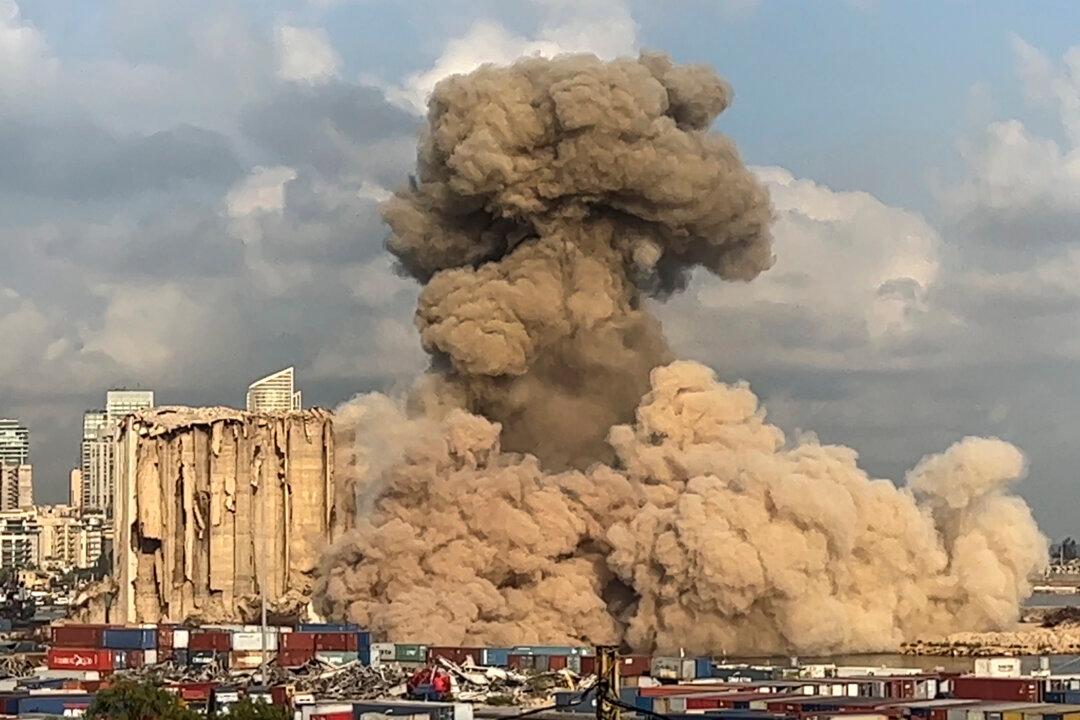The High Court in London has ruled a British company that delivered ammonium nitrate to the Lebanese port of Beirut is liable towards the victims of the huge explosion that occurred there in August 2020.
The London-registered chemicals trading firm, Savaro Limited, is believed to have chartered a shipment of ammonium nitrate in 2013 that ended up in Beirut.





